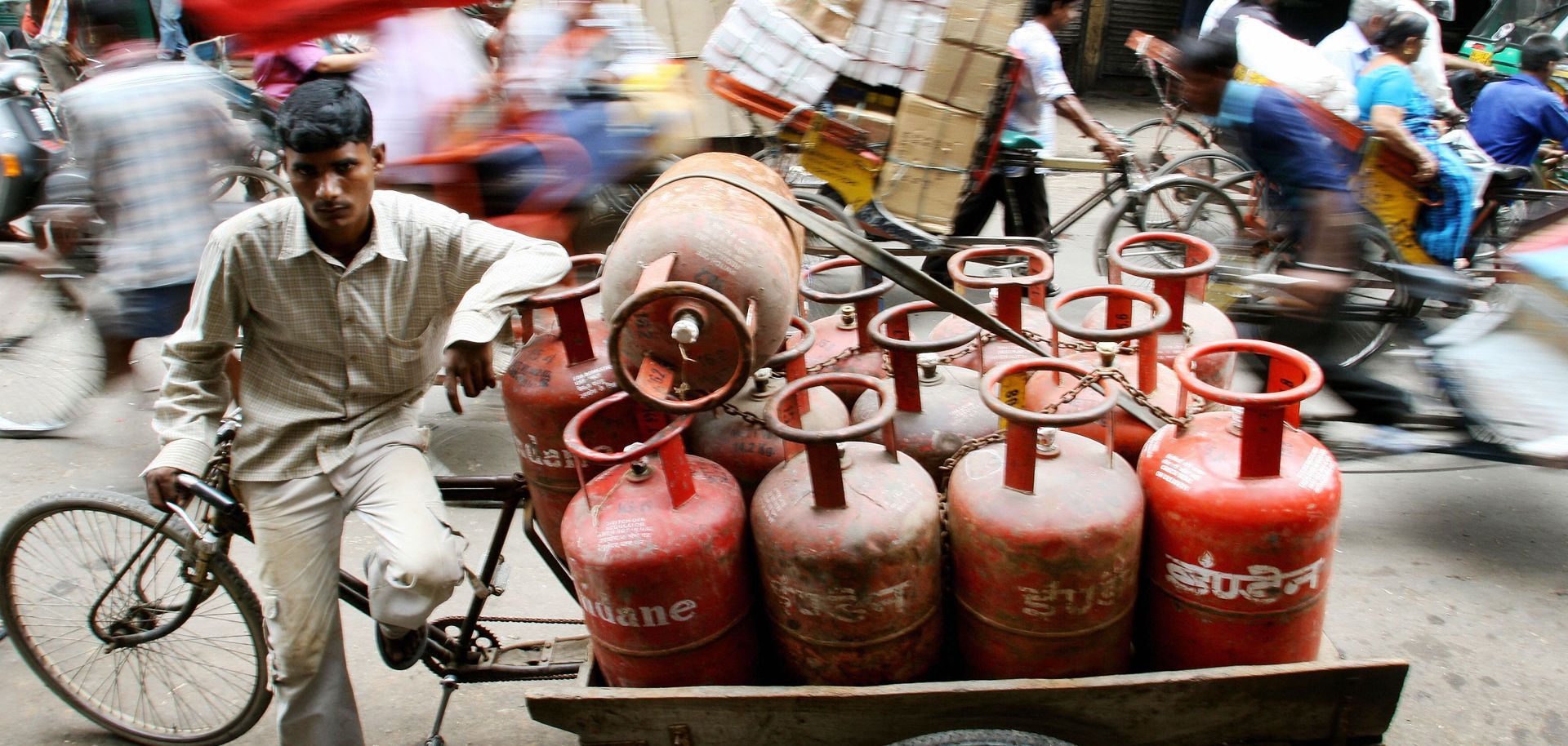ASSESSMENTS
India's Economic Long Game
Dec 19, 2016 | 09:15 GMT

(MANAN VATSYAYANA/AFP/Getty Images)
Summary
India's winter parliamentary session ended without agreement on the elephant in the room: the pulling of the 500- and 1,000-rupee notes last month. Parliament also failed to pass the three remaining parts of the Goods and Services Tax (GST), a sweeping tax reform advocated by the ruling party to simplify the tax code, boost interstate trade and unite India's isolated state economies into a single national market. The two items are related: The ire and panic provoked by the demonetization scheme — 500- and 1,000-rupee notes will be worthless come the first of the year — worsened parliamentary gridlock and prevented lawmakers from coming to agreement on GST. But, angling for re-election, Indian Prime Minister Narendra Modi is unwilling to compromise on demonetization, even if it comes at a hefty economic cost.
Subscribe Now
SubscribeAlready have an account?
